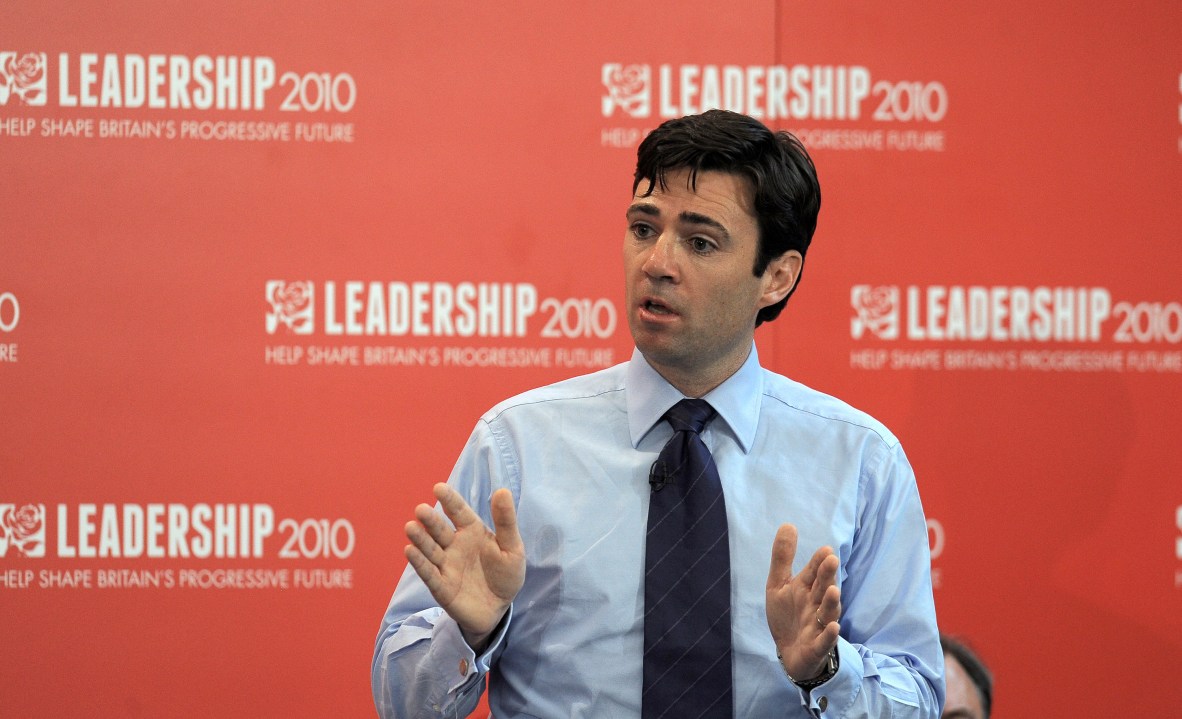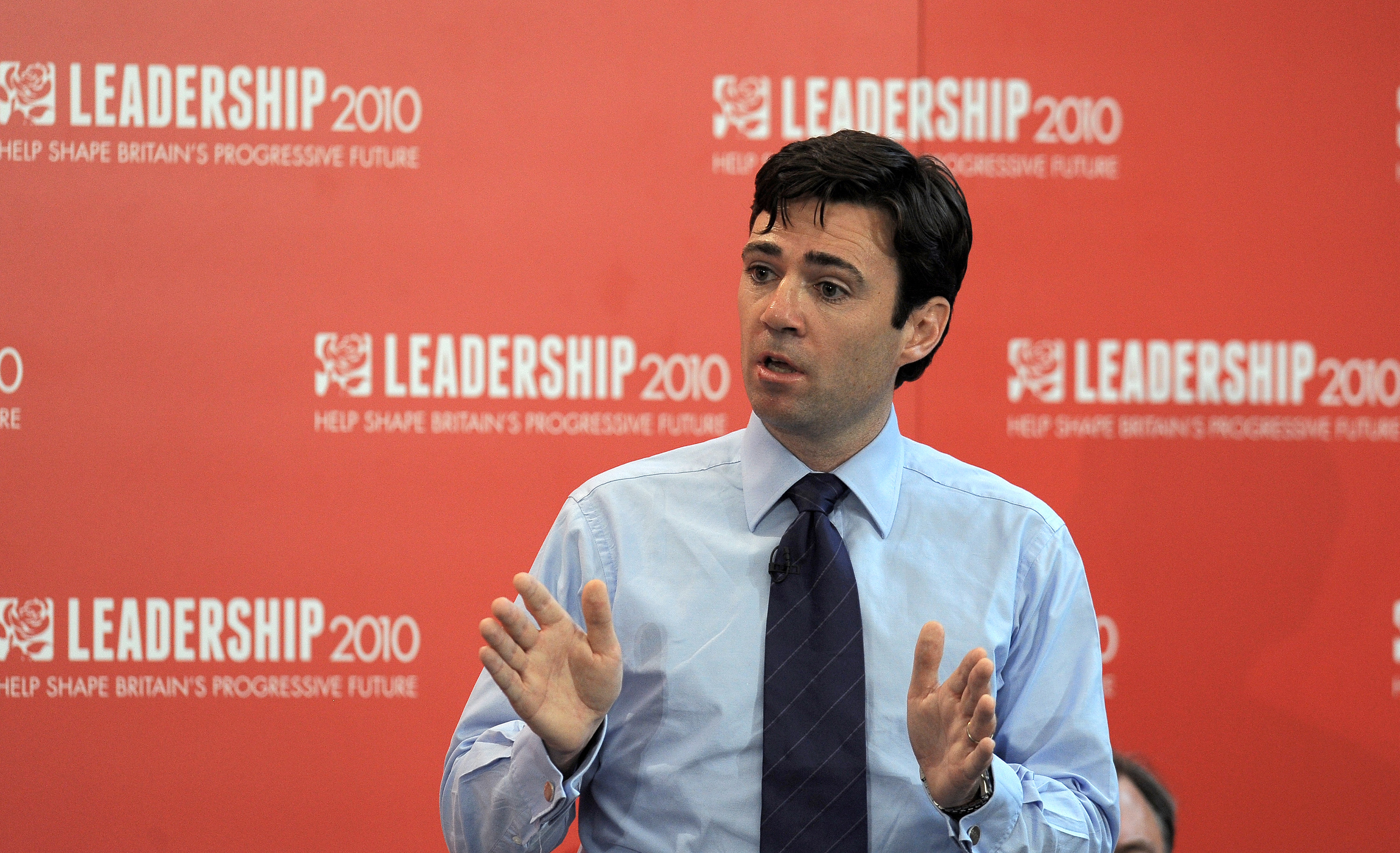Watching anorak-clad Andy Burnham go toe-to-toe with Boris Johnson might leave Westminster-watchers of a certain vintage a bit bemused. How did the Burnham we used to know in the noughties become Manc lad-in-chief, a political brawler who gives brick-chewing interviews on the pavement?
And perhaps more interestingly, what would have happened if the Burnham of earlier decades had shown the fighting spirit of today’s incarnation? British history might have been quite different.
Think back, if you can, to the summer of 2009. The global financial crisis was still weighing on the UK economy. Gordon Brown was, just about, still Prime Minister, facing an election that had to be called within a year.
One hot night in June that year, James Purnell made his move. Purnell quit as work and pensions secretary, declaring he had no confidence in Brown’s leadership.
Would a Labour party under new, Blairite management have been beaten by David Cameron’s Conservatives?
Now, by the innocent standards of the time, that was a very, very big story. I still remember racing from a Westminster pub to a keyboard to start filing, and trying to answer the question that everyone was asking: who’s next?
If, as many expected, Purnell was followed out of office by fellow Blairites, it seemed quite possible the Brown would fall and be replaced as Labour leader before the election, most likely by David Miliband.
The next domino we expected to fall was Burnham, who at the time was culture secretary. After all, he and Purnell were political allies and proper friends, with a real shared history. They both worked as Labour researchers then got elected to safe Manchester seats in 2001 when they were both aged just 31. They played football together and did politics together. If Purnell thought Brown should go, it would be utterly unsurprising if Burnham thought so too.
So that hot, mad night, a lot of people wondered if Burnham would resign next, paving the way for Miliband to walk out and declare himself a leadership challenger. That was certainly a thought that scared the Brown machine, which immediately went to work on Burnham, piling on the pressure to stay in post.
Whatever No 10 did to Burnham — accounts vary — it worked. He didn’t quit. Nor did Miliband. Purnell, having gone over the top of the trench into the guns, discovered that his comrades in arms had decided not to follow him into action.
It is fair to say that the mood among Blairite Labour people was not positive about all this, and that bitterness lasted for some time.
I remember stories of Burham and Miliband bottling it being retold with some bitterness in 2010 when Miliband ran for party leader, and again in 2015 when Burnham stood.Whether Burnham was right or wrong to stay in his job in 2009 is beside the point today. What interests me is what might have happened if he’d made the other choice. If he’d followed his friend James Purnell over the top, Miliband might well have gone for it (though that was never certain — if Burnham hesitated because he doubted Miliband’s grit, he was surely vindicated).
But let’s say he’d quit, and Miliband too, setting off a chain of events that saw Brown toppled and Miliband in No. 10 by the autumn of 2009, flanked by Chancellor Burnham and Home Secretary Purnell.
Would a Labour party under new, Blairite management have been beaten by David Cameron’s Conservatives? Or would it have clung on to enough seats to stay in government, perhaps in coalition with Nick Clegg’s Lib Dems? Twenty more seats for Labour at the 2010 election and 20 fewer seats for the Conservatives would have made it a real possibility. You can imagine for yourselves what might have happened (and not happened) in the years that followed.
The point is that, for better or worse, things could have been quite different, for Britain and for Andy Burnham, if the newly crowned warrior king of the north had been up for a fight back in 2009.








Comments